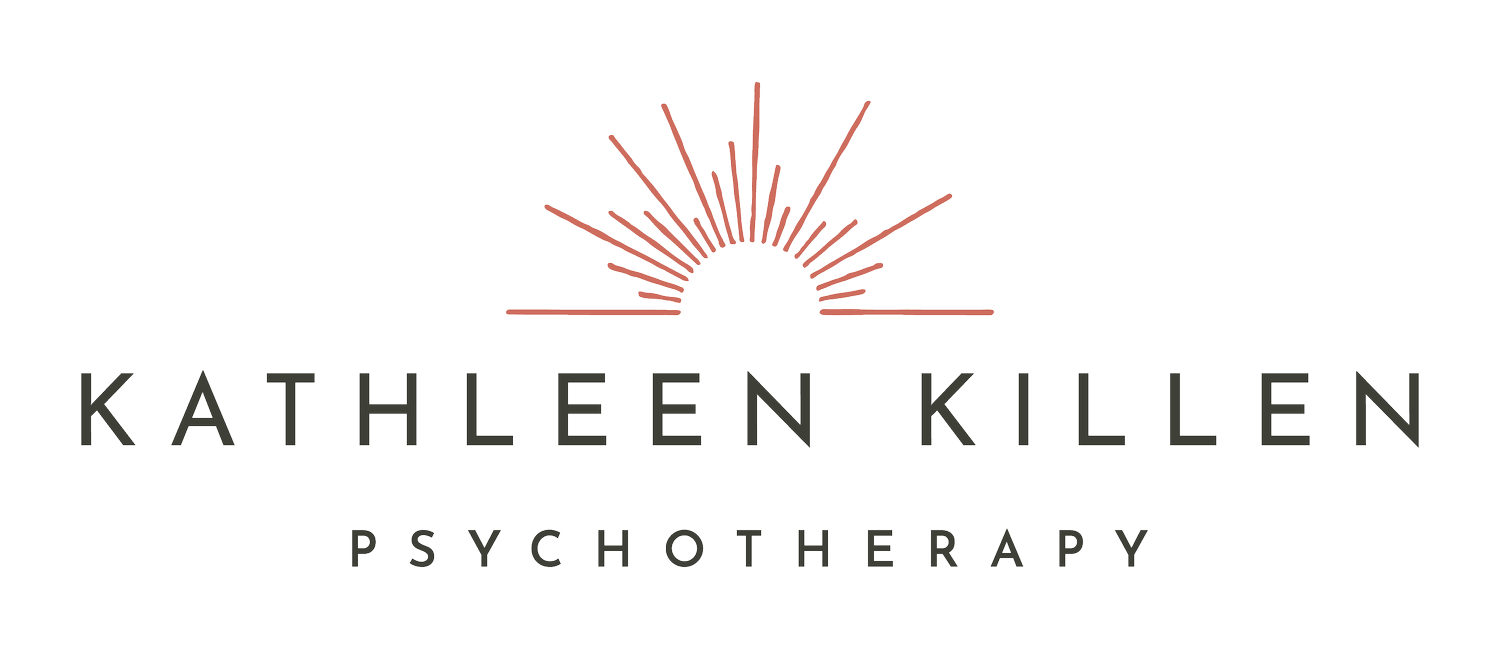Understanding the Losing Strategy of 'Being Right' in Relationships
When I began to learn the art of couples therapy, one of my teachers, Terry Real, would say to clients, “You can be right, or you can be married.” Terry Real is the founder of Relational Life Therapy and one of the modalities that I use in my practice, so I often use this phrase, and it amuses clients just as much as it did for me the first time I heard it. Is it simple? Yes. Is it true? Also, yes. I often encounter couples entrenched in the losing strategy of 'Being Right.' This strategy, one of the five losing strategies in relationships identified by Real, can significantly undermine the health and happiness of a relationship. In this blog post, I’ll explore what it means to be caught in the 'Being Right' cycle and how it can damage your connection with your partner.
The Trap of 'Being Right'
'Being Right' occurs when partners argue over whose view is more accurate, leading to a battleground of opinions rather than a platform for understanding. This approach fuels self-righteous indignation, creating a power struggle rather than fostering mutual respect and empathy.
Why 'Being Right' Is a Losing Strategy
When a partner insists on being right in a relationship, it can have several negative impacts. Firstly, it disrupts the emotional connection, which is fundamental to a healthy partnership. In the pursuit of proving a point, you may stop truly listening to your partner, thereby hindering understanding and emotional intimacy. This insistence on being right also creates a win-lose dynamic, treating the relationship more like a competition than a partnership. If one person needs to be right, it inherently makes the other wrong, breeding resentment and feelings of inequality.
Furthermore, this attitude stifles the growth that is essential in any relationship. Relationships thrive on mutual understanding and learning from each other. By constantly trying to be right, you close the door to new perspectives and personal as well as relational development. Lastly, this ongoing battle over who is right can gradually erode trust. It sends a clear message that being correct is more valuable than your partner's feelings or viewpoints, undermining the foundation of trust and respect that a healthy relationship requires.
Moving Away from 'Being Right'
First of all, being right is often subjective. You may think you are right, but does that leave room for another person’s experience or opinion? Often, it doesn’t. If being right is usually subjective based on your own background and experience, then what are you fighting for? To shift away from this losing strategy, consider these steps:
Prioritize Understanding Over Winning: Focus on understanding your partner's perspective rather than winning an argument. This shift fosters a collaborative rather than confrontational dynamic.
Practice Active Listening: Listen to understand, not to respond. Acknowledge your partner's feelings and views, even if you disagree.
Embrace Vulnerability: Share your feelings and fears instead of hiding behind the armour of being right. Vulnerability leads to deeper connection.
Seek Common Ground: Look for areas where you agree or can compromise. This approach builds a foundation for resolving conflicts more constructively.
Consult a Professional: If you find yourself consistently trapped in the 'Being Right' pattern, it may be helpful to consult a therapist. Therapists such as myself who are trained in working with couples, can provide tools and guidance to help you break this cycle.
Remember, the goal of a relationship is not to be right but to be connected and happy. By recognizing and working to change the 'Being Right' dynamic, you can foster a more loving, respectful, and fulfilling relationship.
Next in the Series
Stay tuned for the next part of this series, where we will explore another losing strategy in relationships. Understanding these patterns is the first step toward creating healthier and more meaningful connections. If you need assistance in transforming your relationship, don't hesitate to book a free consultation here.

